Autumn Statement: £1.3bn to target congestion roads
- Published
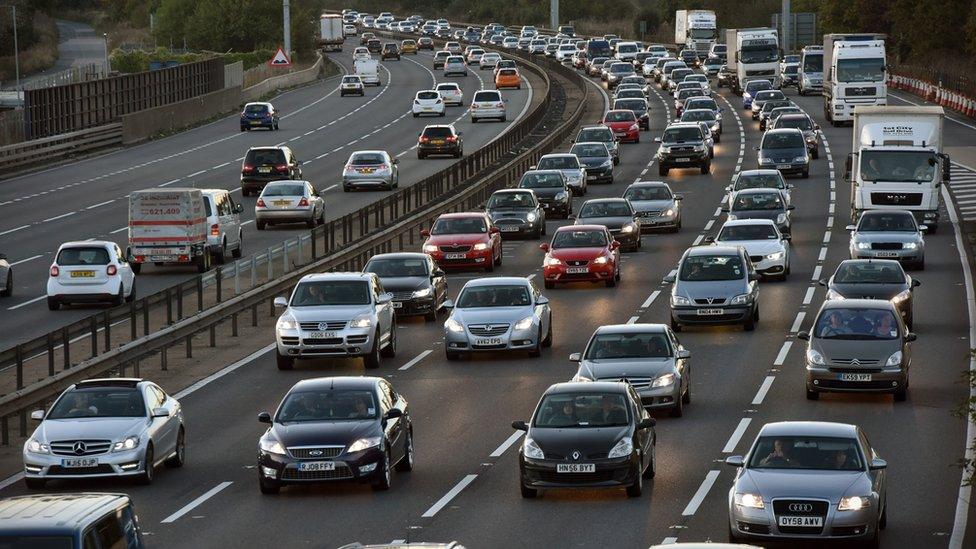
An extra £1.3bn is to be spent on improving Britain's roads, Chancellor Philip Hammond will say in his first Autumn Statement.
Most of the money will be for cutting congestion and upgrades to local roads and public transport networks.
The Treasury said investment in infrastructure and innovation to boost long-term economic growth would be "at the heart" of Wednesday's statement.
But Labour said many schemes previously promised were yet to be built.
The funding for roads is said to be part of a wider package of pledges for infrastructure projects, amounting to billions of pounds.
The Treasury said Mr Hammond and Transport Secretary Chris Grayling had "identified the importance of prioritising projects which make an immediate impact".
£27m for expressway
Their plans were "likely to make a real difference by making journeys quicker and easier for millions of commuters", added a spokesman.
The roads investment will include £220m to tackle "pinch-points" on Highways England roads.
There will also be £27m of funding for an expressway connecting Oxford, Milton Keynes and Cambridge, following the National Infrastructure Commission's recommendation to back the project.
Financial upheaval ahead for families
Mr Hammond is expected to take a different approach to the Autumn Statement than his predecessor George Osborne, by announcing top-level spending decisions rather than full details of individual projects.
"He believes the Treasury should be focused on its core job of economic policy, managing the public finances, and not doing spending departments' jobs for them," the spokesman said.
The Treasury also said the Autumn Statement would provide "targeted help to ordinary working families who are struggling to get by".
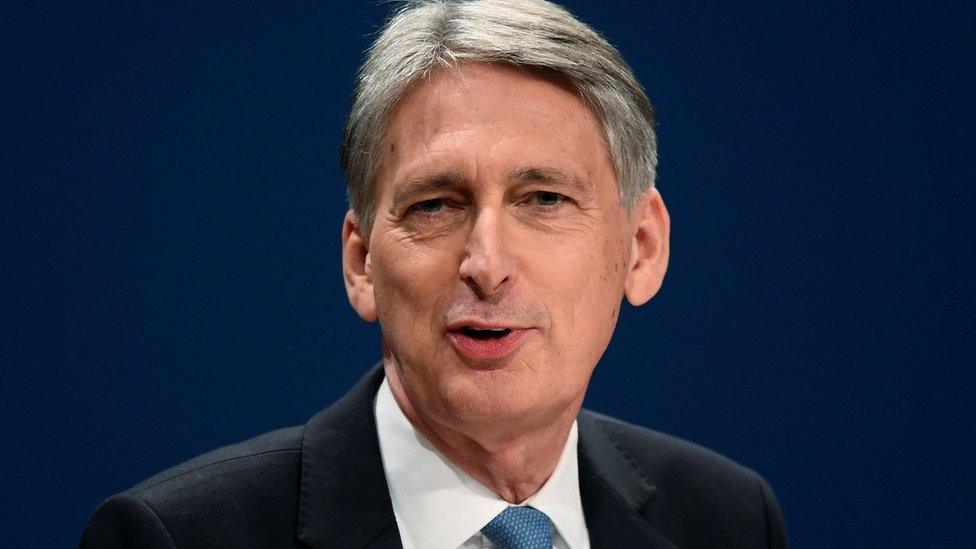
Philip Hammond is to make his first Autumn Statement on Wednesday
Mr Hammond is also set to adopt a more flexible approach to the deficit amid economic uncertainty following the Brexit vote.
Writing in the Sunday Telegraph, Mr Hammond, external said he would not leave the burden of debt to future generations and would maintain the flexibility to deal with the uncertainty during the Brexit negotiations.
He added: "My first Autumn Statement will set out a plan for guiding our economy through this period, and preparing it for the future after we leave the EU... We need to step up a gear.
"We need to raise the overall productivity of the economy to the level of the best by investing in the infrastructure, the R&D, the skills and the innovation that will enable us not just to survive, but to prosper on the world stage."
However, shadow chancellor John McDonnell said the government "has not been meeting its own promises" on infrastructure schemes in the past.
'Honest solutions'
A £15bn road-building programme was announced by the coalition government in 2014 but many of the projects are yet to be implemented.
In an article in the Observer, Mr McDonnell urged Mr Hammond, external to help people who will be affected as prices rise following the Brexit vote.
"The chancellor can start by introducing a real living wage. He needs to provide honest solutions to the childcare crisis, he said.
"Furthermore, he should reverse the giveaways to the wealthy and reverse those cuts, such as universal credit and employment and support allowance, to low and middle earners."
Meanwhile, politicians in northern England are calling on Mr Hammond to prioritise "northern powerhouse rail" over London's Crossrail 2 in the Autumn Statement.
Greater Manchester mayoral candidate Andy Burnham is among Labour figures warning the chancellor that northern motorways are reaching "saturation point" and train capacity is "at the limit".
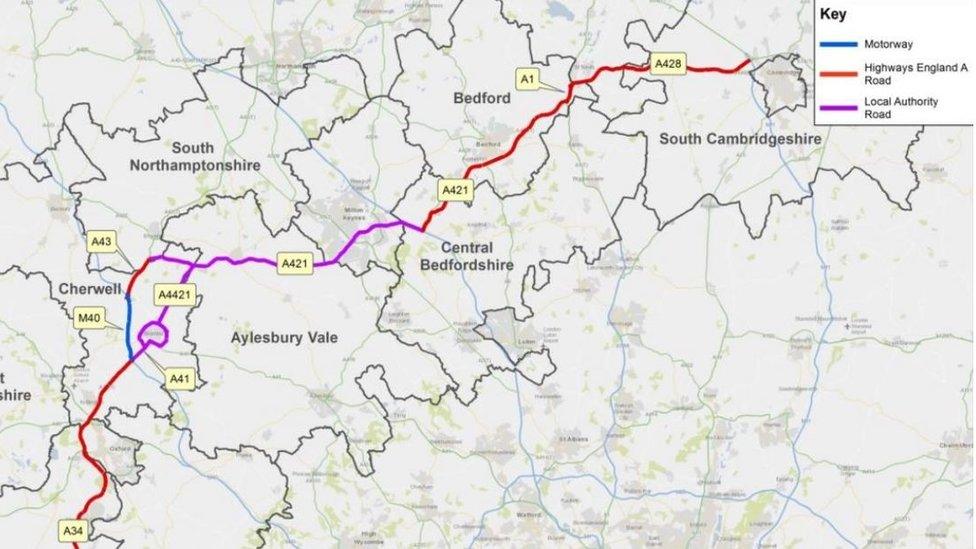
The expressway between Cambridge and Oxford will receive £27m from the government
- Published18 November 2016

- Published18 November 2016
- Published18 November 2016
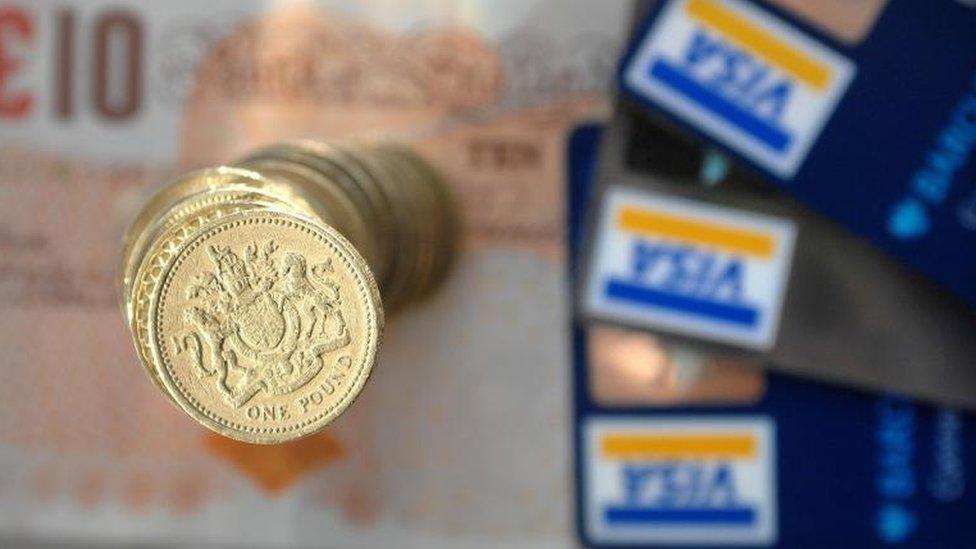
- Published17 November 2016
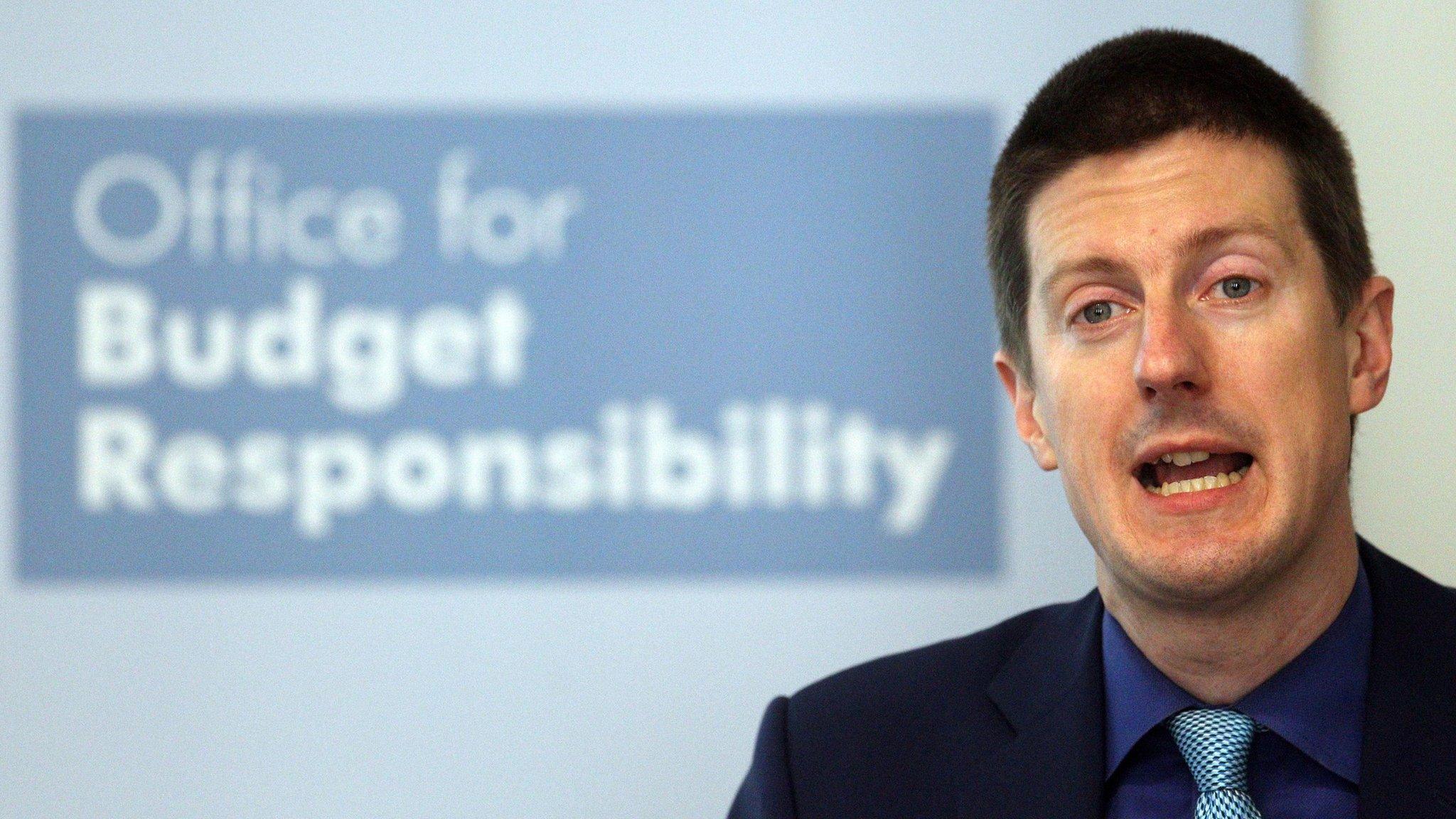
- Published17 November 2016
- Published16 November 2016
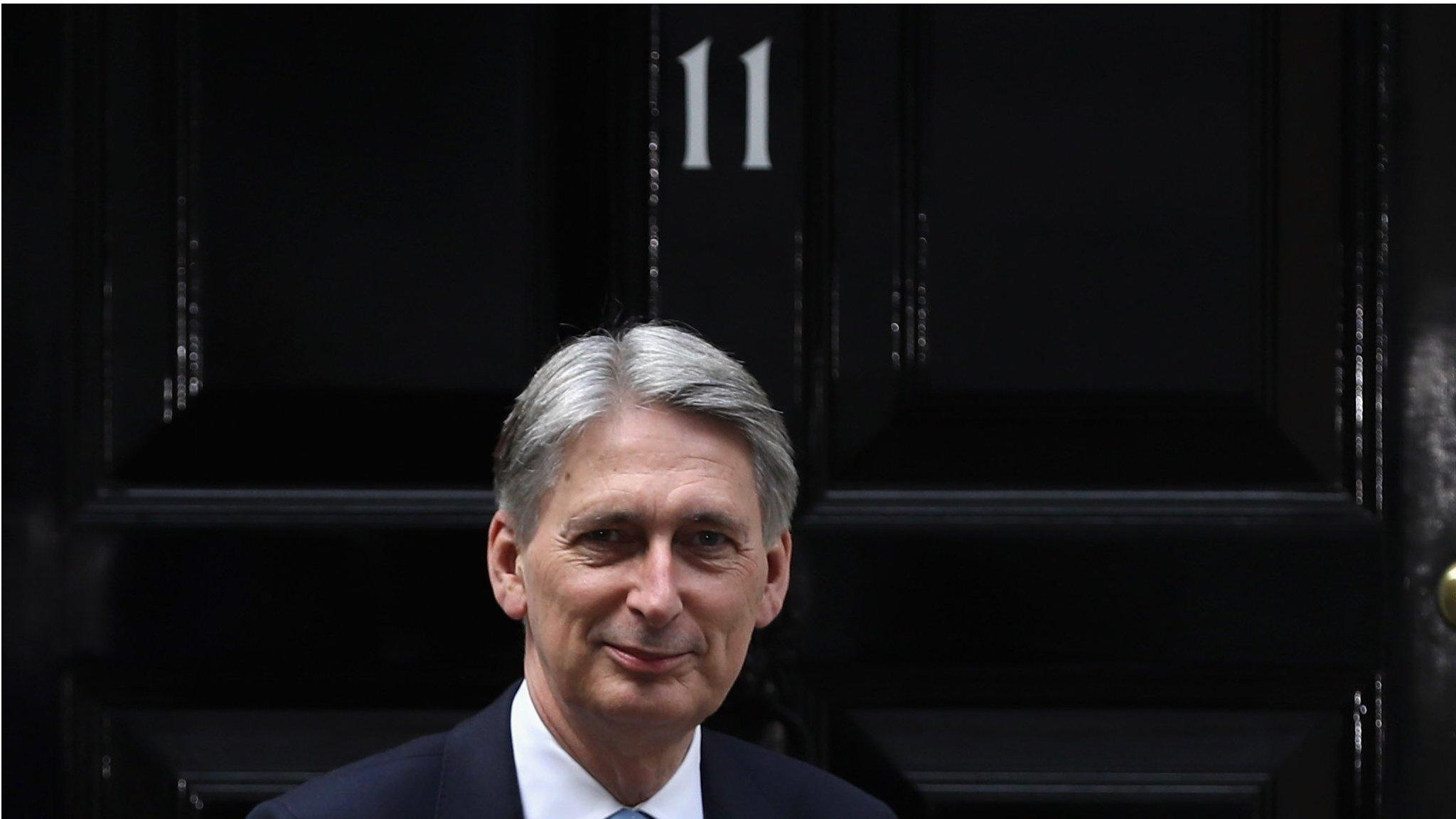
- Published8 November 2016
- Published18 August 2016
